Woke Capitalism. How Corporate Morality is Sabotaging Democracy
The Oxford dictionary’s definition woke refers to being ‘well informed’ or ‘alert to racial or social discrimination and injustice’.
Essentially, we have two opposing positions. One, from a liberal left position such as Elizabeth Warren’s, agrees that corporations should genuinely and authentically support the broad interests of society rather than just focusing on shareholders. Another, from a traditional right-wing perspective, believes that corporations should be purely economic entities and not interfere directly in social or political matters. This book has taken a third position. That is, despite how it looks on the surface, corporate engagement with progressive politics is harming democracy and preventing actual progress. What this means is that being critical of woke capitalism does have to necessitate a dismissal of progressive politics. Waking up to the realities of woke capitalism means not being fooled into thinking that it represents any genuine underlying change to the primary interests that capitalist corporations are willing or able to pursue.
The real effects of woke capitalism are not about the success of left activism in gaining support from big business. They are about ensuring that there is no fundamental reform of the dominant neoliberal world order that has exacerbated inequality, fuelled fascist populism, and stood by as the climate crisis escalates. Dismissing woke capitalism as just another example of virtue signalling is counterproductive in that it fails to take seriously the real damage that woke capitalism can do. Laughing at corporate progressiveness as a superficial and inauthentic business practice entirely underestimates its real power. This is not simply about the short-term profitability assumed by the ‘go woke, or go broke’ credo. Going woke is about ensuring that market capitalism can continue on the trajectory that it has been on for the past 40 years. Woke capitalism is a strategy for maintaining the economic and political status quo and for quelling criticism.
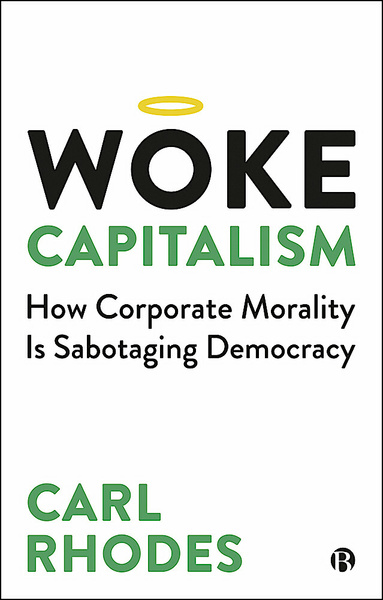
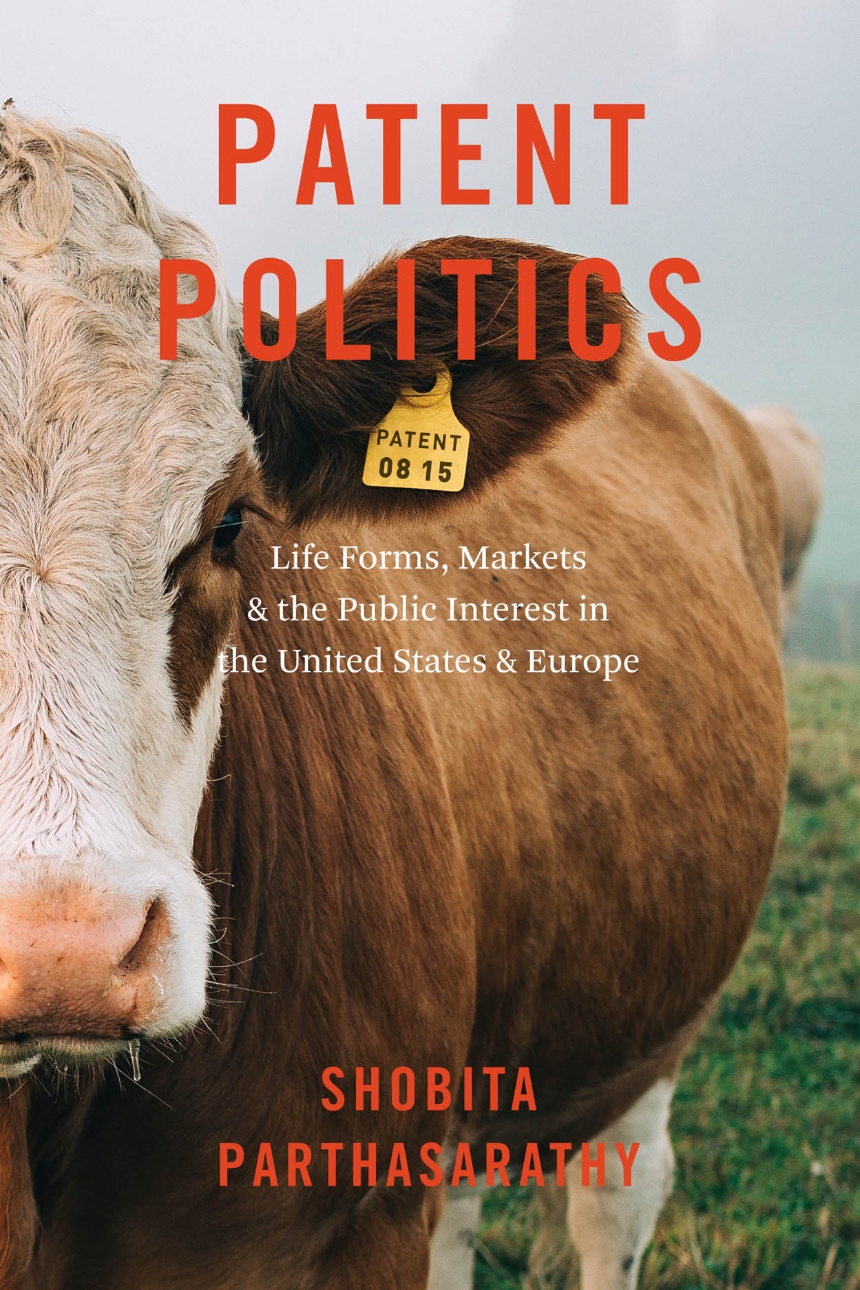
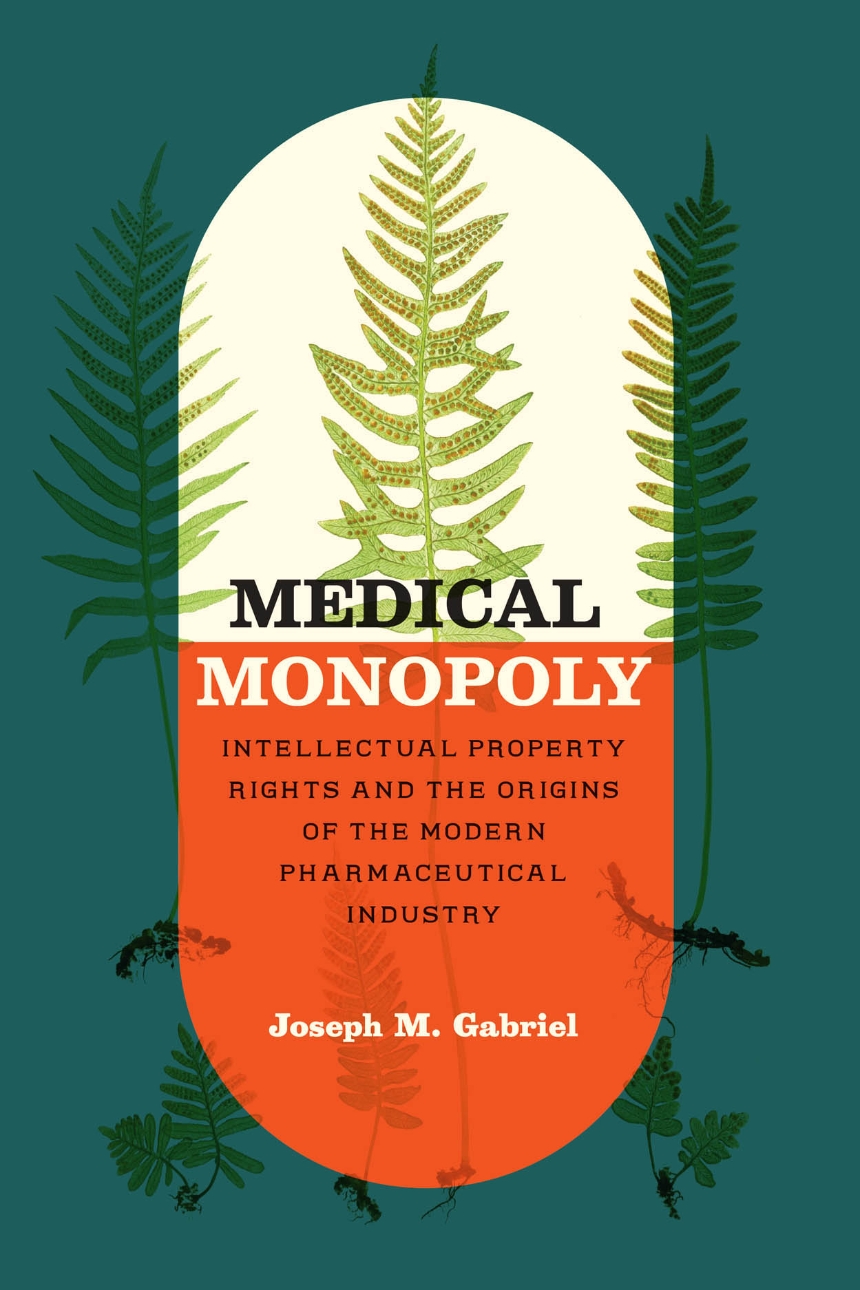
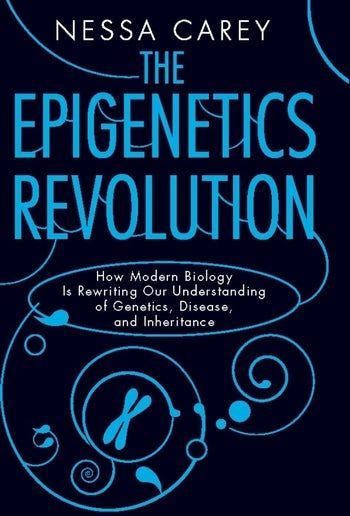

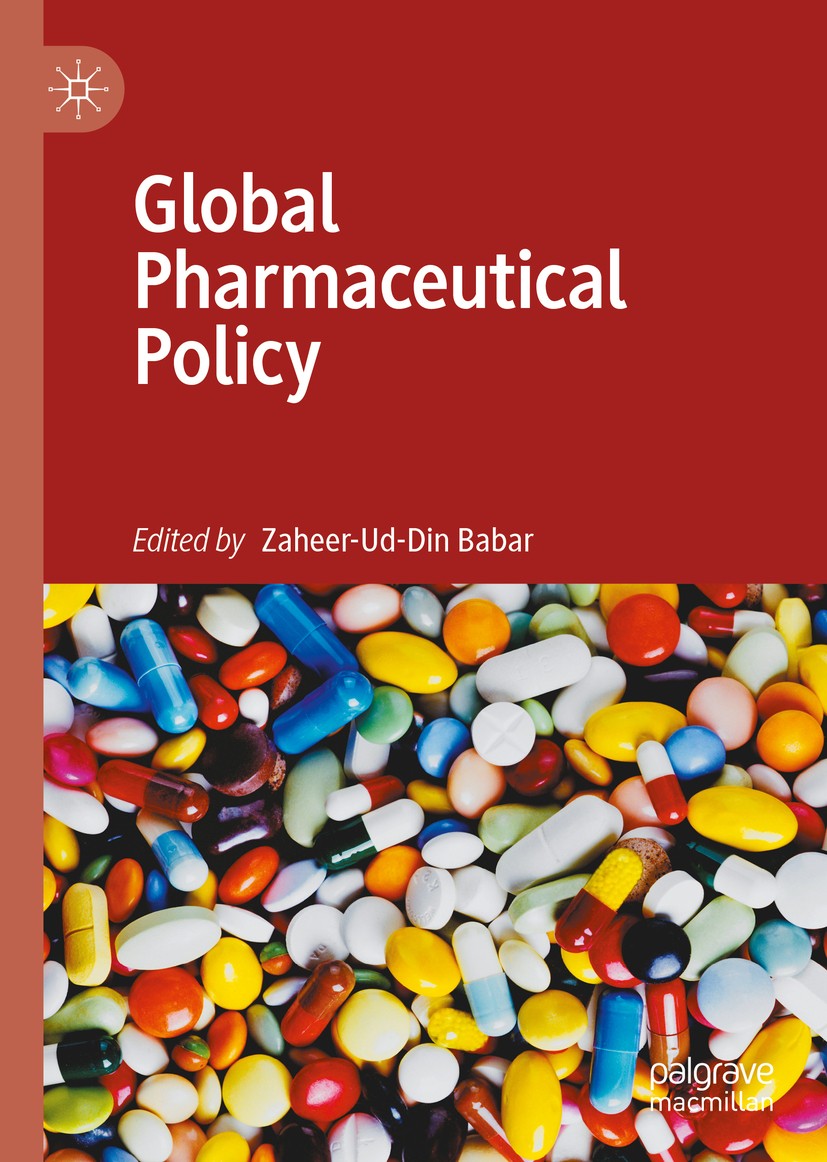







.jpg?itok=XjmbkS_D)